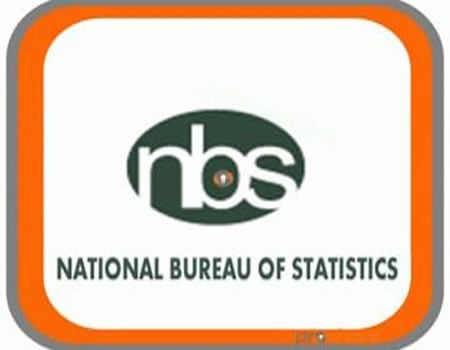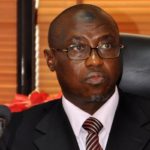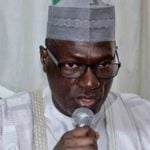
TEN years after it conducted the last one, National Bureau of Statistics (NBS) will this week commence the Nigerian Living Standard Survey (NLSS).
The last NLSS report was released in 2010 and it revealed that 84 million Nigerians were living in poverty.
It is a year-long process that will lead to publication of a credible data on the number of Nigerians living in moderate or extreme poverty.
Statistician General of the Federation, Mr Yemi Kale said at the sensitisation workshop for stakeholders, which held in Keffi, Nassarawa State at the weekend that in the 12 months, data would be collected on the living condition of over 20,000 households.
The exercise he disclosed, would cost an estimated $3.5 million to be jointly funded by the Federal Government and World Bank.
“Starting from next week, trained field officers will be deployed to selected households in Enumerated Areas across the country. As to this effect, he said that NBS has adjusted daily calorie threshold used in computing the poverty rate.
“If we ever needed to generate reliable and good quality information, that time is now.
ALSO READ: CBN, NDIC liquidate Skye Bank as AMCON takes over
“We have also adjusted the daily calorie threshold used in computing the poverty rate.
“In previous rounds, we had used 3,000 calories per day as the minimum food intake for an individual, however in this round, 2,500 calories will be adopted as the minimum daily calorie intake.
“This is so because evidence shows that 3,000 calories is high, certainly one of the highest in the world, and given the changes in our diet and food consumption pattern, 2,500 calories is more in line with present realities, not just in our African environment but world over.
“The purpose of all these quality assurance measures and methodological improvements is to ensure that we collect the best possible information from the field, and in turn generate good living standard estimates for the country. If we ever needed to generate reliable and good quality information, that time is now” he noted.
Kale explained that the survey is necessary because of the challenges Nigerian is facing now.
Such challenges he listed include, security, socio-economic, unemployment and environmental.
“There is a lot going on right now in the country, with all the visible socio-economic challenges being experienced- from the security challenges, to unemployment and environmental challenges- government and partners at various levels require this kind of information to help them understand what is going on, particularly how these challenges are affecting households and communities in the country.
“It will further assist them in designing policies and programmes and assist them in monitoring and evaluating existing programmes for the maximum benefit of the citizens.
“Also, gone are the days when agencies of government publish poor figures and get away without questions being asked” he said.
In his remarks, NBS deputy director in charge of the survey, Adebayo Tunde Adebisi, said that the survey will cost $3.5 million and about 320 surveyors, including the trainers, monitors and World Bank workers, would be deployed to various communities across the country.
“We have what is called the monitors, trainers, World Bank. Overall, we have a total of 320 staff”, he disclosed.
WATCH TOP VIDEOS FROM NIGERIAN TRIBUNE TV
- Let’s Talk About SELF-AWARENESS
- Is Your Confidence Mistaken for Pride? Let’s talk about it
- Is Etiquette About Perfection…Or Just Not Being Rude?
- Top Psychologist Reveal 3 Signs You’re Struggling With Imposter Syndrome
- Do You Pick Up Work-Related Calls at Midnight or Never? Let’s Talk About Boundaries





